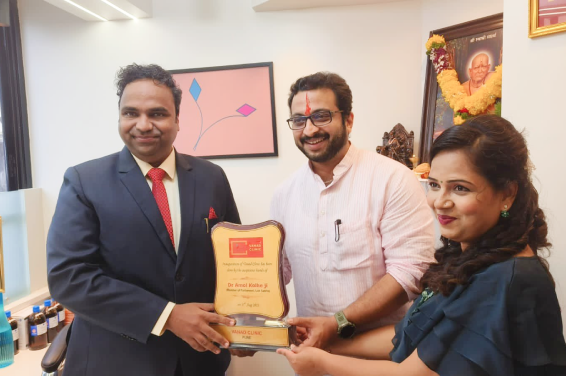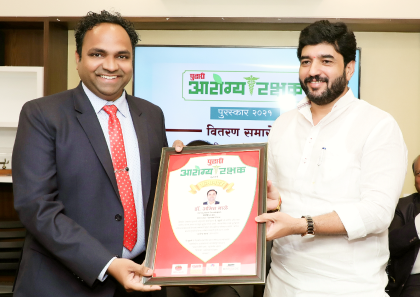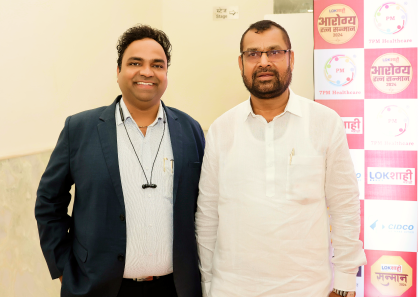Over Masturbation
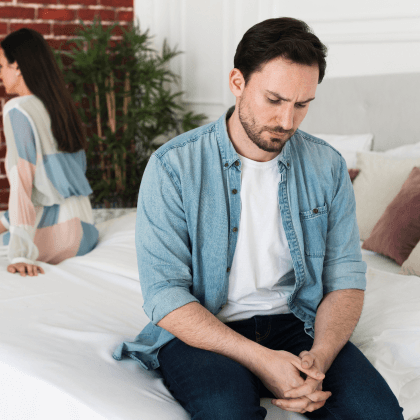
Over Masturbation
Over-masturbation can lead to physical irritation, decreased sensitivity, and potential negative impacts on mental health, such as increased anxiety or guilt.
Book Personal ConsultationOverview
Varicocele refers to the enlargement of veins within the scrotum, similar to varicose veins that occur in the legs. This condition can lead to discomfort and affect male fertility by impairing sperm production and quality.
Book Personal ConsultationUnderstanding the problem
Symptoms
- Physical fatigue or exhaustion
- Erectile dysfunction or reduced sexual sensitivity
- Feelings of guilt, shame, or anxiety about the behavior
- Disruption of daily routines, social life, or relationships
- Irritation or soreness in genital areas
When to see a doctor
If masturbation becomes compulsive or starts to interfere with daily life, work, relationships, or self-esteem, it may be time to seek medical or psychological help. Signs of physical injury, such as persistent soreness, should also be addressed.
Causes
Psychological Causes
- Stress relief or coping mechanism for anxiety or depression
- Obsession or compulsion linked to addictive behavior
- Unresolved emotional or sexual issues
- Social isolation or lack of intimate relationships
Biological Causes
- Hormonal imbalances
- Underlying medical conditions affecting libido or sexual health
- Physical conditions like nerve damage or genital injury
- Fatigue or depletion due to excess sexual activity
Risk Factors
- Stressful environments or unresolved emotional issues
- Access to excessive sexual material (e.g., pornography addiction)
- Social isolation or relationship issues
- Pre-existing psychological conditions like OCD or anxiety
Diagnosis
Doctors or therapists may diagnose over-masturbation through a combination of patient history, behavioral patterns, and psychological evaluations. Physical examinations may also be performed to assess any injury or health risks.
Behavioral Therapy
- Cognitive-behavioral therapy (CBT) to address compulsive behavior
- Mindfulness and stress-reduction techniques to manage emotional triggers
- Sex therapy to develop healthier sexual habits and improve intimacy
- Counseling for underlying psychological conditions such as anxiety or OCD
Medications
- SSRIs or other medications to reduce compulsive behavior or treat anxiety/depression
- Hormone therapy to regulate any imbalances that contribute to excessive libido
Medicines
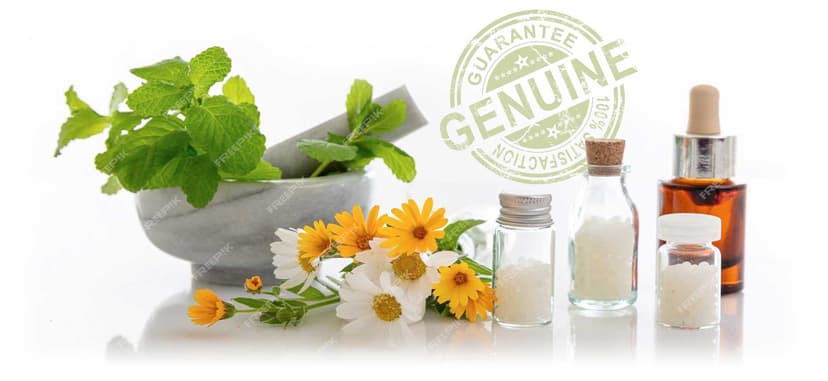
Homeopathic Medicines
- Nux Vomica: Useful for individuals who experience excessive sexual desires and compulsive behaviors.
- Staphysagria: Indicated for people with strong sexual urges or those feeling guilty after sexual activities
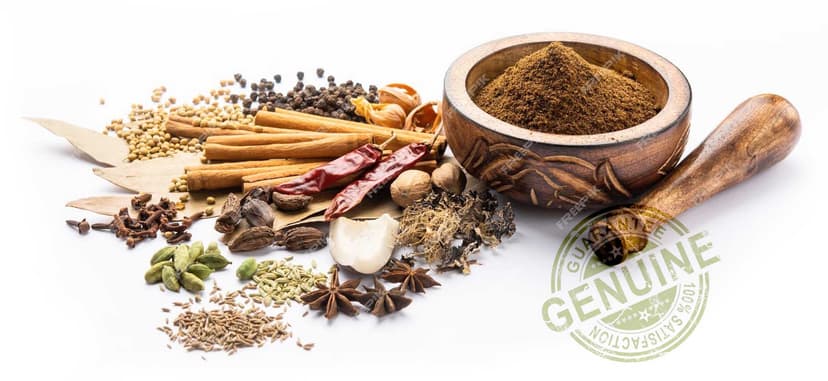
Ayurvedic Medicines
- Brahmi: Known to calm the mind and help reduce excessive sexual thoughts by improving emotional balance.
- Ashwagandha: Helps restore vitality and energy, and balances sexual desires by reducing stress and anxiety.
Conclusion
Over-masturbation, while often overlooked, can have significant physical and emotional consequences if not addressed. With a combination of behavioral therapy, medical interventions, and holistic treatments like homeopathy or Ayurveda, individuals can regain control over their habits, ensuring a healthier relationship with their sexual health. Open communication with a healthcare provider is key to managing this issue.


